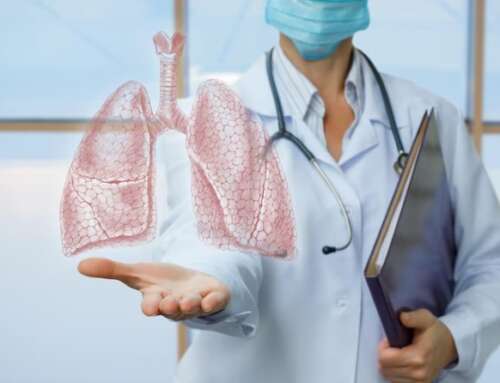
Sarcoidosis, a condition characterized by the formation of small inflammatory nodules, can affect various organs in the body, including the lungs. When sarcoidosis targets the lungs, it can lead to significant complications and impair respiratory function. While many cases of sarcoidosis of the lung can be managed with medication and close monitoring, there are instances where surgery becomes necessary to address complications or provide definitive treatment. Continue reading this blog post to understand when surgery for sarcoidosis of lung treatment is necessary.
- Extent of Lung Involvement:
The decision to pursue surgery for sarcoidosis of the lung often depends on the extent of involvement and the severity of symptoms. If the disease is localized and causes significant impairment of lung function, surgery may be considered as a treatment option.
- Failure of Medical Therapy:
While medications such as corticosteroids are commonly used to manage sarcoidosis, some patients may not respond adequately to these treatments. In cases where medical therapy fails to control symptoms or halt disease progression, surgery may be recommended as an alternative approach.
- Complications:
Sarcoidosis of the lung can lead to complications such as pulmonary fibrosis, bronchiectasis, or the development of large masses known as granulomas. Surgery may be necessary to remove these complications and improve respiratory function.
- Persistent Symptoms:
Despite receiving appropriate medical treatment, some patients may continue to experience persistent symptoms like shortness of breath, coughing, or chest pain. In such cases, surgery may be considered to alleviate symptoms and improve quality of life.
- Diagnostic Purposes:
In some instances, surgery may be performed for diagnostic purposes, particularly when other imaging modalities or biopsy techniques are inconclusive. Surgical lung biopsy allows for a more accurate diagnosis and helps guide appropriate treatment strategies.
- Prevention of Complications:
In certain cases, surgery may be recommended as a preventive measure to reduce the risk of complications associated with sarcoidosis of the lung. By removing affected tissue or addressing structural abnormalities, surgery can help prevent further deterioration of lung function.
- Multidisciplinary Approach:
The decision to proceed with surgery for sarcoidosis of the lung should be made in consultation with a multidisciplinary team, including pulmonologists, thoracic surgeons, and other specialists. This collaborative method ensures that the patient receives comprehensive care tailored to their individual needs.
Summary:
Surgery for sarcoidosis of the lung may be necessary in cases where medical therapy is ineffective, complications arise, or symptoms persist despite treatment. By addressing the underlying pathology and improving lung function, surgery plays a crucial role in the management of this complex condition. If you or a loved one are facing challenges related to sarcoidosis, it is essential to reach out to a healthcare specialist to explore all available sarcoidosis lymph node treatment options, including surgical intervention.
At FLASS, we understand the importance of providing personalized care to patients with sarcoidosis of the lung. We offer state-of-the-art surgical techniques and collaborate closely with our team of specialists to ensure optimal outcomes for our patients. Get in touch today to learn more about how we can help you on your journey toward better lung health.



